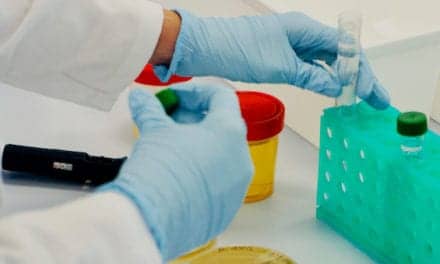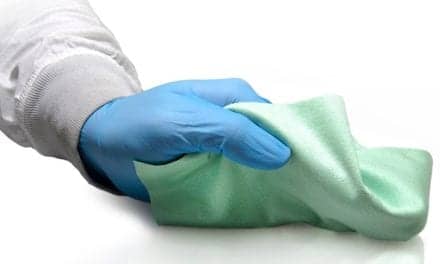Study demonstrates OneBreath platform can diagnose and predict pneumonia onset in cardiac surgery patients through volatile organic compound detection.
A clinical study published in The Journal of Thoracic and Cardiovascular Surgery indicates that breath analysis technology combined with machine learning can both diagnose and predict pneumonia in patients undergoing cardiac surgery, potentially offering laboratories a new non-invasive diagnostic approach.
The prospective study, conducted at the University of Louisville, enrolled 75 patients undergoing elective cardiac surgery. Researchers used Breath Diagnostics’ OneBreath technology to collect breath samples via a Tedlar bag system with microchip capture of carbonyl compounds, followed by ultra-high-performance liquid chromatography mass spectrometry for compound identification.
Of the 75 patients studied, 10 developed postoperative pneumonia. The technology successfully identified volatile organic compounds (VOCs) in exhaled breath that served as biomarkers for future disease development.
“Our study demonstrated not only that pneumonia can be diagnosed earlier than with current clinical methods, but also that its onset can be predicted before symptoms appear,” says Dr Victor van Berkel, chief medical officer and co-founder of Breath Diagnostics and co-author of the study, in a release.
Technology Targets High-Risk Patient Population
Pneumonia develops in 6% to 20% of patients following elective cardiac surgery, making it one of the most frequent and serious postoperative complications. The condition is associated with longer ICU stays, extended hospitalizations, higher costs, and increased mortality.
The OneBreath platform detects VOC signatures associated with inflammation, oxidative stress, and bacterial metabolism. By analyzing these compounds through machine learning algorithms, the system can identify patients at risk before clinical symptoms appear.
“Exhaled breath is an extraordinary diagnostic medium that has only begun to be tapped,” says Ivan Lo, CEO of Breath Diagnostics, in a release. “This study demonstrates that with our OneBreath technology, combined with advanced data science, breath can serve as a reliable biomarker for predicting disease before symptoms appear.”
Broader Clinical Applications Under Investigation
Beyond pneumonia detection, Breath Diagnostics reports that its platform has demonstrated 94% sensitivity and 85% specificity for lung cancer detection across multiple independent sites and disease stages. The company suggests the approach could extend to other conditions including inflammatory disorders.
The technology combines proprietary microchips, advanced machine learning algorithms, and high-performance liquid chromatography mass spectrometry to analyze exhaled breath samples.
Regulatory and Commercial Timeline
Breath Diagnostics plans to expand clinical validation into larger, multi-center patient cohorts to further confirm the predictive value of exhaled breath biomarkers. The company is working with academic and clinical partners to refine study protocols with the goal of pursuing regulatory clearances in the US and select international markets.
The OneBreath system has not been cleared or approved by the FDA or other regulatory authorities and remains in the research and development stage. The technology is not currently available for clinical or commercial use.
The study represents what researchers describe as one of the first demonstrations that VOCs measured in exhaled breath can reliably serve as biomarkers for future disease, potentially enabling earlier intervention and reduced complications in hospital and surgical settings.
ID 92268564 © Kiosea39 | Dreamstime.com





